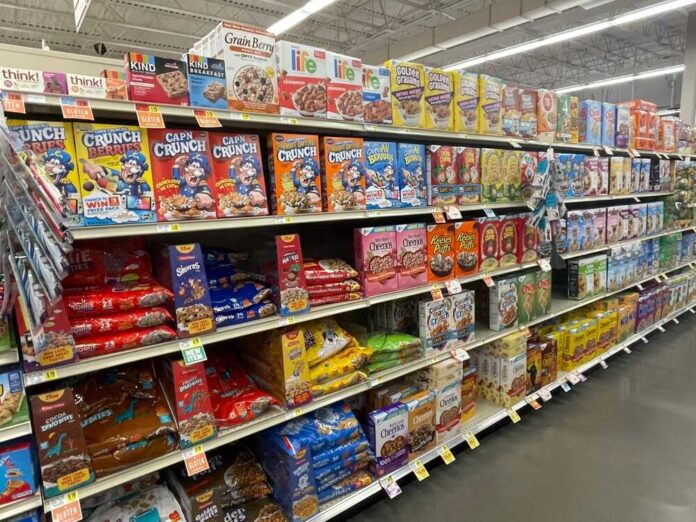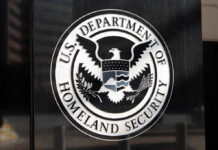
While it’s plainly obvious to most people that boxes of processed sugar cereal are not even close to “healthy,” major cereal manufacturers are threatening to sue the Food and Drug Administration (FDA) so they can label these processed products as “healthy” anyway.
Late last year, the FDA proposed new guidelines surrounding the qualifications for a product to be allowed to include “healthy” on the label.
In a press release, Health and Human Services Secretary Xavier Becerra discussed the changes and the reasons behind them.
“Nutrition is key to improving our nation’s health,” the press release stated. “Healthy food can lower our risk for chronic disease. But too many people may not know what constitutes healthy food. FDA’s move will help educate more Americans to improve health outcomes, tackle health disparities and save lives.”
As the new guidelines have not yet been implemented, the current definition from the FDA allows food companies to label their products as “healthy” as long as any amounts of total fat, saturated fat, cholesterol and sodium are below a certain limit. This definition, which was established in 1994 and updated in 2016, also states that “healthy” foods must provide at least 10% of daily recommended values for vitamin A, vitamin C, calcium, iron, protein or dietary fiber.
However, no limits were included in the definition regarding added sugar.
The current regulations have allowed cereal companies to advertise their products as healthy, despite the fact that many of them are essentially chemically processed grains soaked in sugary syrups.
If the new guidelines are implemented, cereals and other foods with more than 2.5 grams of sugar per serving would be barred from being labeled as “healthy.”
📢Breaking news! The FDA has finally caught up with modern health science and removed white bread and sugar cereal from the "healthy" label.
👉🏼It's been a long time coming, but with the highest cancer rates ever and being one of the sickest industrialized https://t.co/p5ZxjcKis5… https://t.co/9tx5lNulHu
— James Miller (@realMeetJames) March 2, 2023
According to Business Insider, the average box of cereal has nearly 20 grams of sugar per typical serving.
Processed food companies — including those that produce snacks, baked goods, pastas and frozen pizzas — have challenged the FDA’s new rules before they are even finalized. Companies that produce high-sugar cereals have been some of the most vocal in opposition to the rule.
Sugary cereals — products that are largely marketed to children — have been a topic of debate and criticism for a long time, especially because they have played a part in the obesity epidemic currently plaguing the United States.
The Centers for Disease Control and Prevention (CDC) has reported that nearly 20% of children aged 2-19 were categorized as obese between 2017 and 2020. In May 2021, researchers who analyzed data from the Children’s Hospital of Philadelphia published findings concluding that the prevalence of obesity had risen among children aged 2-17 throughout the authoritarian pandemic lockdowns. Other research from the Pennington Biomedical Research Center in June 2021 revealed that cases of type 2 diabetes among children had doubled during the pandemic lockdowns. Meanwhile, sales of packaged food skyrocketed during that same time period.
The Intercept has reported that food companies behind Fruity Pebbles and Lucky Charms had claimed in a joint filing against the FDA that “sugary cereals pose no health risks and are, in fact, beneficial to society and childhood health.”
“The companies stated that they view the ‘extremely strict’ guidelines as ‘alarming’ because ‘cereal is one of the most affordable, nutrient-dense breakfast choices a person — adult or child — can make … with a wide range of options to suit different cultures, preferences, and taste,’” the Intercept reported.
Meanwhile, it has been alleged that these major food companies have actually been buying off scientists to recommend “profitable” foods in the new food pyramid.

















